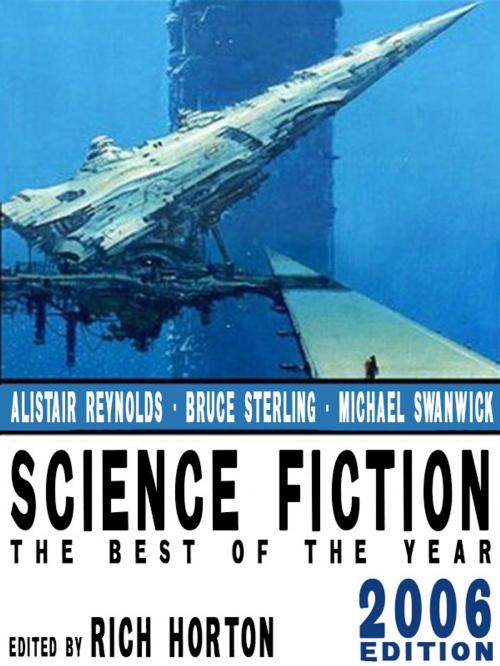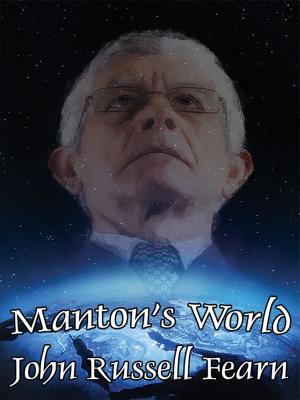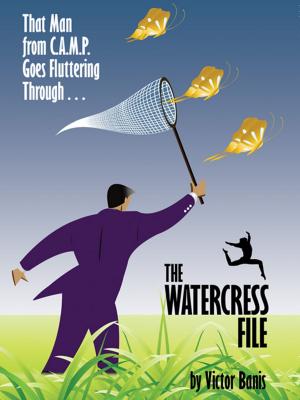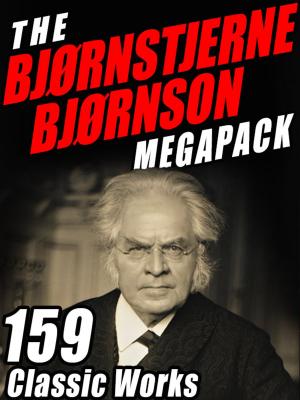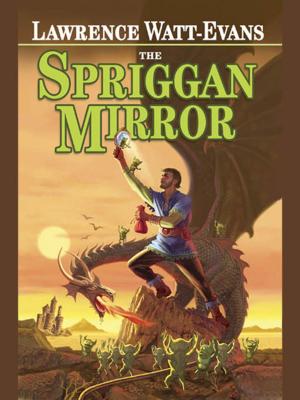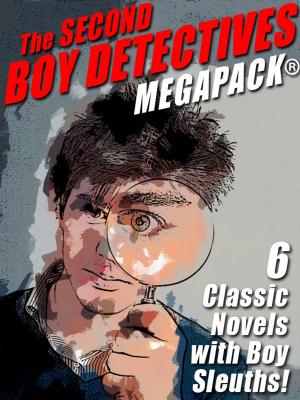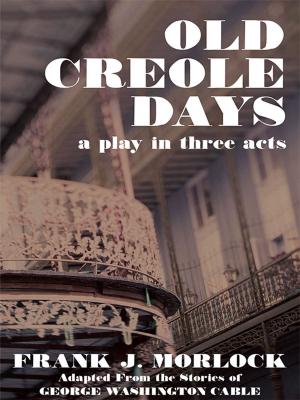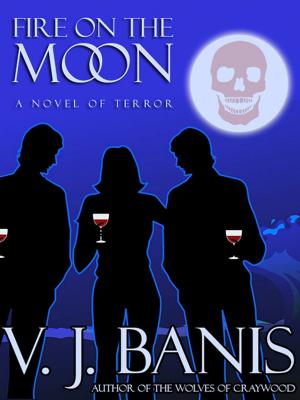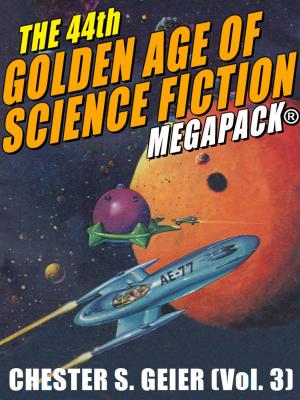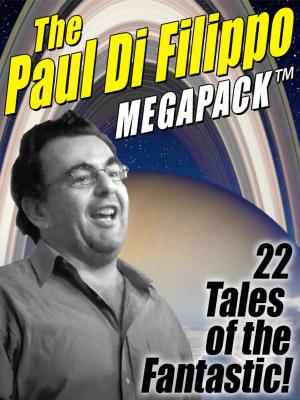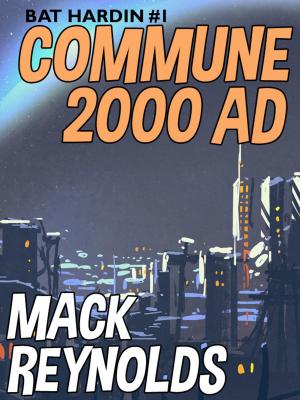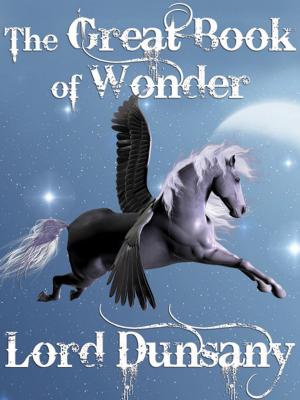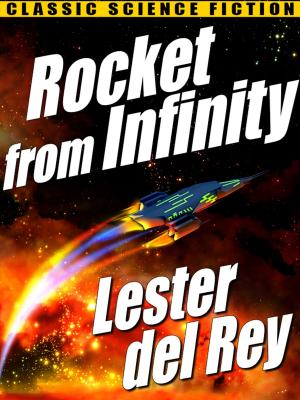| Author: | Joe Haldeman, Alastair Reynolds | ISBN: | 9781434442727 |
| Publisher: | Wildside Press LLC | Publication: | January 8, 2014 |
| Imprint: | Wildside Press | Language: | English |
| Author: | Joe Haldeman, Alastair Reynolds |
| ISBN: | 9781434442727 |
| Publisher: | Wildside Press LLC |
| Publication: | January 8, 2014 |
| Imprint: | Wildside Press |
| Language: | English |
Horton's elegiac anthology of 15 mostly hard SF stories illuminates a broad spectrum of grief over love thwarted through time, space, human frailty or alien intervention, from the gentle melancholy of Michael Swanwick's "Triceratops Summer," which posits tame Technicolored time-warped dinosaurs in Vermont, to newcomer Leah Bobet's "Bliss," an agonizing riff on near-future drug addiction. Several selections address current political-social issues, like Mary Rosenblum's "Search Engine," which extrapolates today's technology to chilling, Big Brotherly results. The long closing story, Alastair Reynolds's "Understanding Space and Time," however, presents a ray of cosmic hope: the sole survivor of a plague that decimated humanity is rescued and healed by intergalactic entities and lives out millennia while seeking ultimate truths, returning to see mankind regenerated. This anthology reflects the concerns of the genre today—and the apparent inability of our society to do anything about them. -- Publishers Weekly
Horton's elegiac anthology of 15 mostly hard SF stories illuminates a broad spectrum of grief over love thwarted through time, space, human frailty or alien intervention, from the gentle melancholy of Michael Swanwick's "Triceratops Summer," which posits tame Technicolored time-warped dinosaurs in Vermont, to newcomer Leah Bobet's "Bliss," an agonizing riff on near-future drug addiction. Several selections address current political-social issues, like Mary Rosenblum's "Search Engine," which extrapolates today's technology to chilling, Big Brotherly results. The long closing story, Alastair Reynolds's "Understanding Space and Time," however, presents a ray of cosmic hope: the sole survivor of a plague that decimated humanity is rescued and healed by intergalactic entities and lives out millennia while seeking ultimate truths, returning to see mankind regenerated. This anthology reflects the concerns of the genre today—and the apparent inability of our society to do anything about them. -- Publishers Weekly
